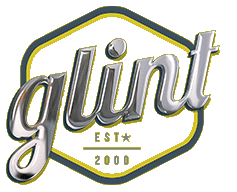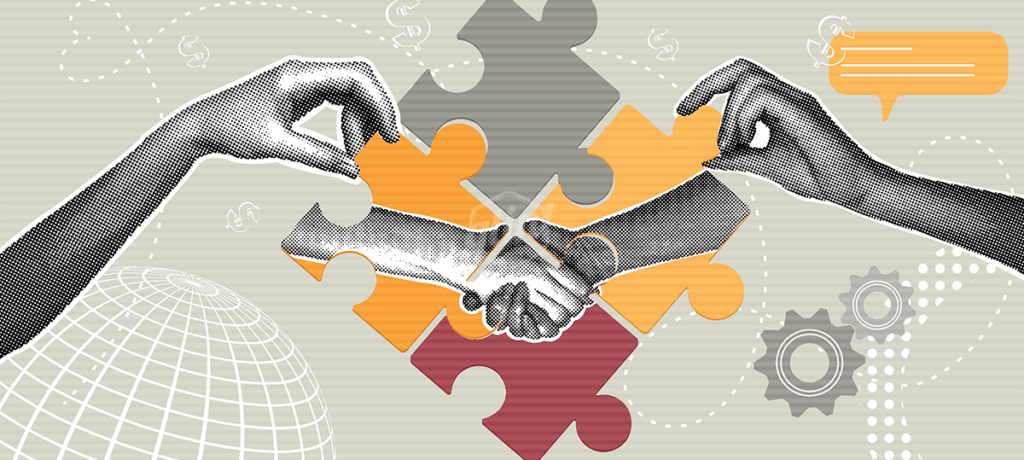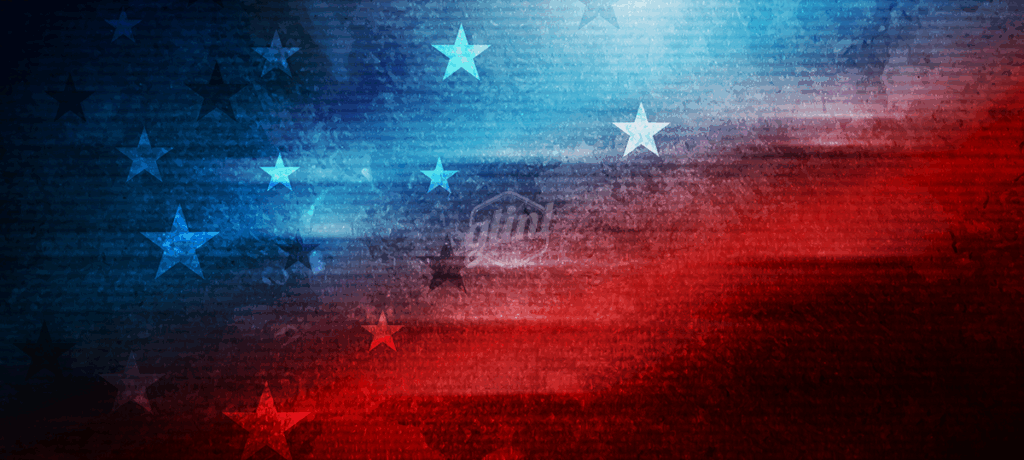AI is transforming marketing, from personalized recommendations to streamlining content creation. But as the Coca-Cola holiday ad backlash and lessons on authenticity show, there’s a fine line between using AI as a tool and letting it take over. When that line is crossed, brands risk losing something invaluable: their human touch.
Here’s what happened, why it sparked a backlash, and what marketers can learn from the misstep.
Coca-Cola’s AI Holiday Ad: A Misstep in Nostalgia
For many, Coca-Cola’s classic holiday ads featuring glowing red trucks and a festive Santa Claus hold a special place in their hearts. This year, as Forbes reported, Coca-Cola attempted to tap into that nostalgia with an AI-generated ad. The trucks and snowy scenery were present, but something was missing.
The AI-generated visuals were hollow and, frankly, a bit eerie. Instead of capturing the season’s magic, the ad disconnected many viewers. Some even called it a “creepy dystopian nightmare.” Yikes.
Why the Backlash?
The blowback to Coca-Cola’s campaign highlights a growing issue: people can spot when something feels inauthentic. AI might be able to mimic art or storytelling, but it struggles to replicate the emotion and humanity that make content resonate.
According to MSNBC, the AI-created characters and settings lacked the warmth and joy people expect from holiday advertising. This departure hit a sour note for a brand like Coca-Cola, known for its heartwarming and iconic holiday campaigns.
The Risks of Relying Too Much on AI
AI is undeniably powerful, but leaning too heavily on it comes with challenges:
- Losing the Human Touch: AI is great for efficiency but can’t fully replace human creativity or intuition. When brands like Coca-Cola use AI to recreate nostalgia, they risk producing something that feels robotic and out of touch.
- Public Skepticism: Audiences are growing wary of AI-generated content. They want real stories crafted by people who understand their emotions and values.
- Potential Ethical Concerns: Using AI in creative processes raises questions about the value of human artistry. If everything is AI-generated, where does that leave the artists, designers, and writers who bring campaigns to life?
Keeping Authenticity at the Heart of Marketing
Coca-Cola’s holiday ad is a wake-up call for marketers. AI is a fantastic tool, but it should support—not replace—authentic storytelling. People connect with stories that feel personal, relatable, and human.
To strike the right balance, marketers need to ask themselves:
- Does this campaign reflect our brand’s voice and values?
- Will it resonate with our audience on a human level?
AI can enhance campaigns by generating ideas or refining content, but the heart and soul of marketing should always come from people.
Staying Ahead of the Curve
Marketing is always evolving, and AI is here to stay. The key is to use it thoughtfully. Instead of letting AI take the wheel, use it to complement your team’s creativity and innovation. Check out more Glint blogs for insights on balancing technology and authenticity in marketing.
By keeping authenticity at the forefront, we can use AI to enhance our work—not replace it—and ensure our campaigns continue to connect with audiences truly.
After all, marketing is about people. That’s the real lesson from the Coca-Cola holiday ad backlash: Let’s keep it that way.







